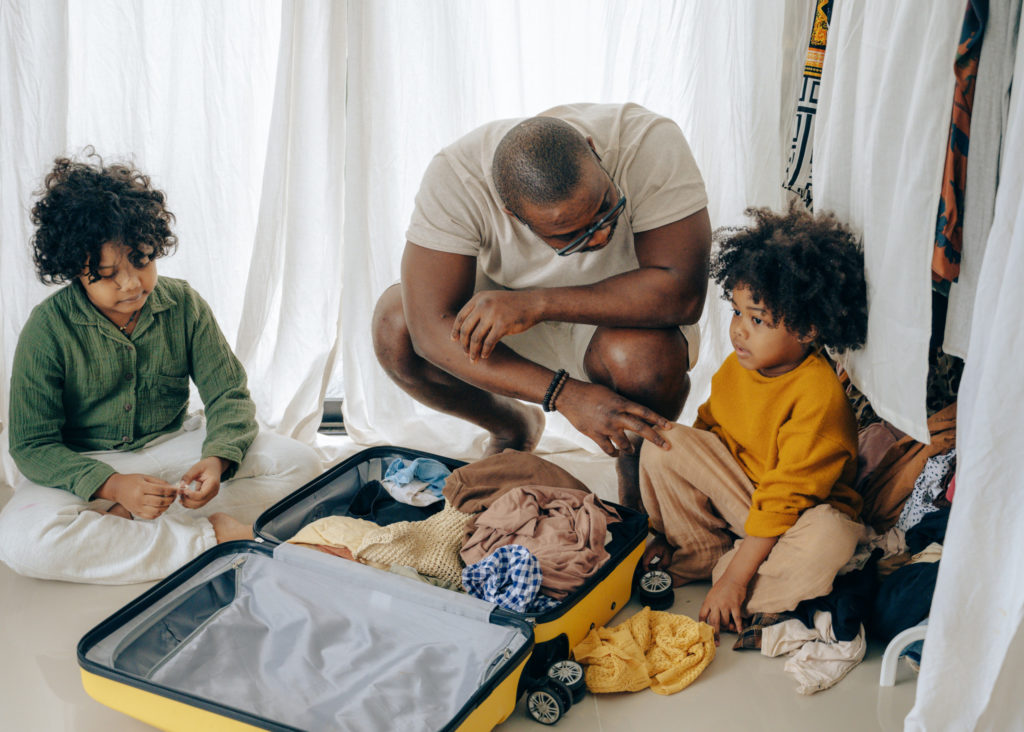Traveling Tips For Diabetics
- Matt Frank
- December 21, 2021
- 1:48 pm
As the vaccines roll out and the world starts to open up many people have travel on the brain. While it’s always a new and fun adventure, traveling definitely disrupts your normal routine. Moreover, affecting your important routines like your diabetes management. Delayed or skipped meals, unfamiliar food, different time zones, and being more active can all play a role. This is why it’s important to plan ahead so you can focus on the good times and worry less about your vacation! Continue reading to learn some of the traveling tips for diabetics.

How To Prepare
- Visit your primary care physician for a general checkup. This will determine whether or not you are fit to travel and give you the opportunity to ask some questions like the following:
- How to adjust your insulin doses while traveling to a different time zone
- How certain planned activities might affect your diabetes, and what to do about it
- To get written prescriptions for your medications just in case they run out or get lost
- To provide a letter stating that you have diabetes, and what you’ve packed are necessary supplies
- Get a medical ID bracelet that states that you have diabetes along with any other health conditions
- Pack your own meal/snack for the flight and put your diabetic testing supplies in your carry-on bag
- Take twice the amount of medication you think you’ll need, and do your best to keep them in their original bottles/packaging.
While You’re Traveling
- Do not store insulin or diabetes medicine in any form of direct sunlight. You can keep them in a small cooler just make sure to NOT put insulin directly on any ice or gel pack
- Heat damage can also be done to your blood sugar monitor, insulin pump, and other equipment—Make sure these all stay in cooler dark places.
- Make sure to get out of the car and walk if you’re driving, or walk up and down the aisle of the plane or train about every hour or two to prevent blood clots.
- Set an alarm for taking medications if you happen to be entering a different time zone.
While On Vacation
- Check your blood sugar frequently once you get to your destination. Your blood sugar may be out of your range at first, but your body should acclimate in a few days.
- Check your blood sugar frequently once you get to your destination. Your blood sugar may be out of your range at first, but your body should acclimate in a few days.
- Don’t over exert yourself during the peak heat of the day (higher temperatures can change how your body uses insulin). Use sunscreen to avoid a burn and resist the urge to go barefoot, even on the beach.
While living with diabetes can present challenges to everyday life and travel, it doesn’t mean you can’t have the time of your life on vacation! Be confident that you are packed and prepared with a plan to combat any obstacles that might get in your way and you’re in for an exciting and memorable trip!

